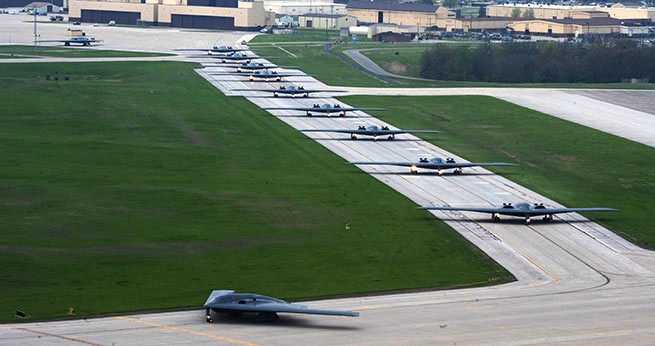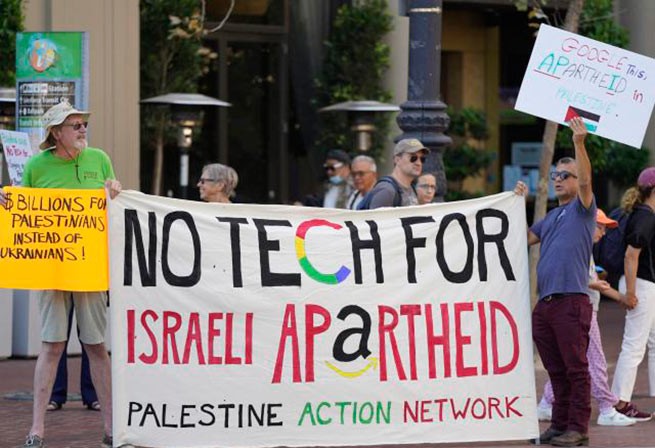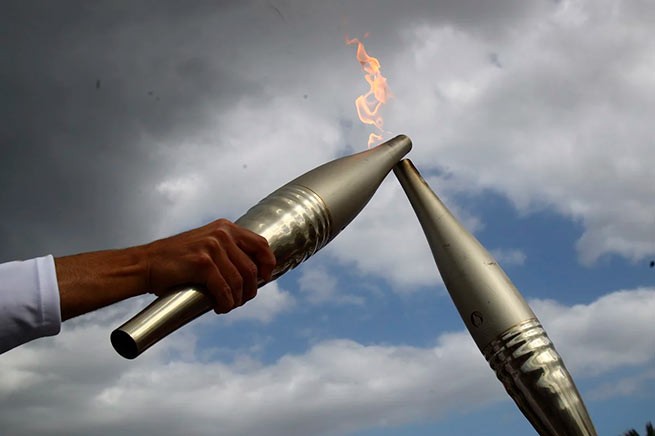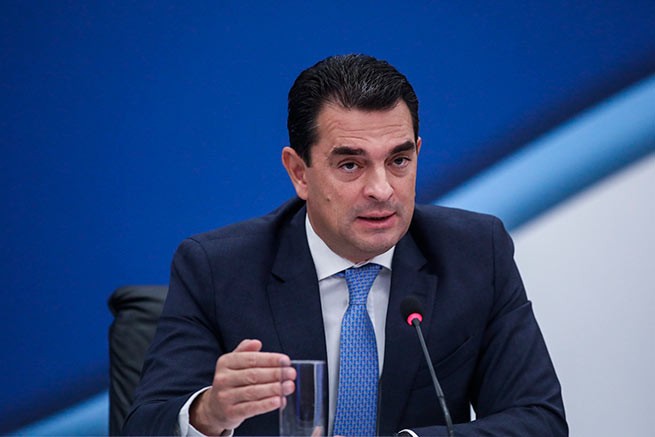America is the commander of the economic war against Russia, but Europe bears the costs, the author writes. Mysl Polska. Once upon a time, having a neighbor selling energy resources was considered an advantage EU. Now this is called dependence, and against the backdrop of sanctions, it turns into a colossal cost.
The European sanctions imposed on Russia have exhausted themselves. It was easy to impose sanctions on marginal issues in which Russia played a minimal role, and its absence was hard to even notice. It is quite another thing when it comes to the most important thing. In the case of Russia – up to energy. On emotions, they quickly managed to impose an embargo on coal imports. However, already at the second stage of the escalation of the trade war, in the case of oil, the trend failed. The lone wolf defending the interests of his economy was Viktor Orban.
Why did this small country stop such a powerful wave? Start over. The commander of this economic war in Europe is, of course, America. This is nothing new, this policy has been going on for 60 years. President Reagan sought to achieve this by imposing sanctions, and Donald Trump acted exceptionally effectively in stopping the construction of Nord Stream 2. Americans have always viewed Europe’s economic ties with Russia as harmful. For America, of course, because what is harmful for the US is also harmful for Europe.
As commander in this clash, the US bears virtually no cost of economic warfare with Russia. Economic relations between these countries tend to zero, and the only problem may be rising fuel prices, since this is a very politically sensitive topic in the US. But you can always put the blame on Putin.
When the conflict began in Ukraine, the NATO alliance revived, including in the economic sphere. That is, America waved its fists harder so that the allies went into battle. The Brussels bureaucracy, sensing the wind in its sails, took command of the member states, long ago preparing sanctions that were immediately imposed after the start of the conflict. The tone is set by states hostile to Russia, and Brussels has the tools and means to deal with the disobedient. And by joint allied efforts, it is possible to break the resistance of the elites of European industry and capital.
America is in command, and Europe bears the costs. It is energetically poor, militarily and politically dependent, and will need raw materials and energy for a long time to come. And a close neighbor has these resources. And he is technologically lagging behind, so he will gladly exchange oil and gas for the achievements of his European neighbor. For Europe, this is an ideal system in which for the necessary raw materials at low prices (once) they supply their own, very expensive, high-tech, most valuable product today … what else is needed?
But nothing works. A great ally comes from across the ocean and says: “Sacrifice yourself!” (Seriously, the headline of an article in the Los Angeles Times reads: “Europe must sacrifice itself. Immediately stop importing gas and oil from Russia”). Indeed, we sacrificed ourselves, subjected our own concerns to losses. After all, this is a war, the purpose of which is to weaken, perhaps even destroy Russia. But turn off the oil and gas tap for yourself? It’s already suicide.
Moreover, Europe is not a homogeneous whole. It consists of various economies that operate at the regional level, benefit from their position. And it is our region, Central Europe, that bears the greatest costs for this economic war, the greatest costs are concentrated here due to the rupture of economic and political ties with Russia.
Therefore, the desperate voices of politicians, economists, especially German ones, are still heard from here, that the rejection of raw materials from the east threatens a recession, an economic crisis, the loss of millions of jobs and thousands of enterprises. The real Wailing Wall… And Brussels politicians are doing their job. They weaken Germany, but our region suffers especially. After all, he benefited from geographic proximity with the energy superpower, thanks to his transit position, he could play a serious role in supplying Europe with oil and gas. And achieve significant benefits by playing the role of a bridge between different economies.
Instead, Central-Eastern Europe threatens to become cut off from Russia, a lifeless periphery of rich Europe. Viktor Orban has been warning for years that “our region is the one that loses the most in the conflict between the powers of the West and the East.”
What was once falsely called “dependency”, but was actually an asset to our region, will now turn into a colossal cost in the transatlantic scenario. On the map of this so-called “dependence” the most “dependent” part is just Central Europe. The advantages of the geopolitical position, after it is cut off from the supplier from the east, will disappear as if in a fog. And “dependence” will turn into costs and losses.
The opinion of the author may not reflect the opinion of the editors






More Stories
12 American B-2 Spirit strategic bombers take off from Missouri
Google fired 28 employees who took part in anti-Israel demonstrations
Ukrainian and Polish intelligence services prevented an assassination attempt on Zelensky